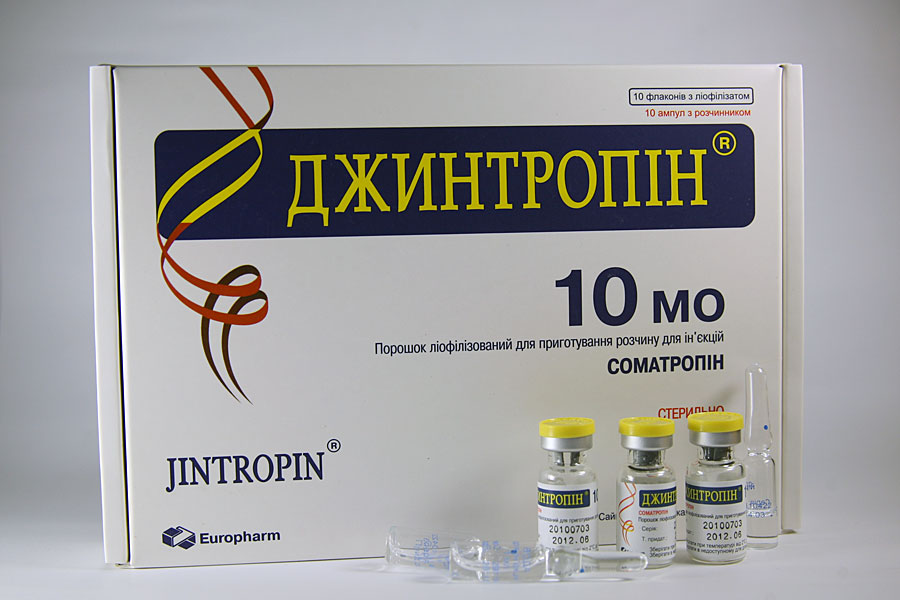
Filip Bondy wrote a story today about the likelihood that growth hormone would be more expensive and more difficult to obtain for parents of children with growth-related disorders as a result of a Congressional bill that would reclassify human growth hormone as a controlled substance (“Littlest victims of an HGH bill,” March 17).
Here’s the problem: The proposed legislation would re-classify HGH as a Schedule III drug, increasing penalties for its illegal use and limiting access in several ways. The penalties are fine, the parents agree. Limiting access for growth-challenged kids is the deal breaker.
The Champs, for example, would need to go to Mount Sinai Hospital in Manhattan once every month for a new prescription, which would last 30 days. Currently with each visit, they are able to obtain a three-month supply of HGH, with two refills. They only need to go once every nine months. Meanwhile, their insurance co-pays would triple for the extra doses.
Bondy blames the athletes for this problem. However, the immediate culprit is obviously Congress’ ill-informed attempts to eliminate steroids in sport by expanding the Controlled Substances Act to include non-addictive human growth hormone.
I do not understand why Congress thinks scheduling performance enhancing drugs is an effective tool for eliminating steroids in sports. I am not aware of many any professional athletes who have been prosecuted under the Anabolic Steroids Control Act. I can not name a single athlete who has failed a doping test in the United States and was criminally sanctioned as a result. History tells us that the Controlled Substances Act is ineffective at punishing professional athletes who use steroids. Including human growth hormone on the Controlled Substances list will only be another failure in more ways than one.
Now, perjury is another story. This seems to be a highly effective tool for punishing athletes who use steroids based on perjury investigations involving Barry Bonds, Marion Jones, Tammy Thomas, and Roger Clemens.
About the author
Millard writes about anabolic steroids and performance enhancing drugs and their use and impact in sport and society. He discusses the medical and non-medical uses of anabolic-androgenic steroids while advocating a harm reduction approach to steroid education.

Leave a Reply
You must be logged in to post a comment.